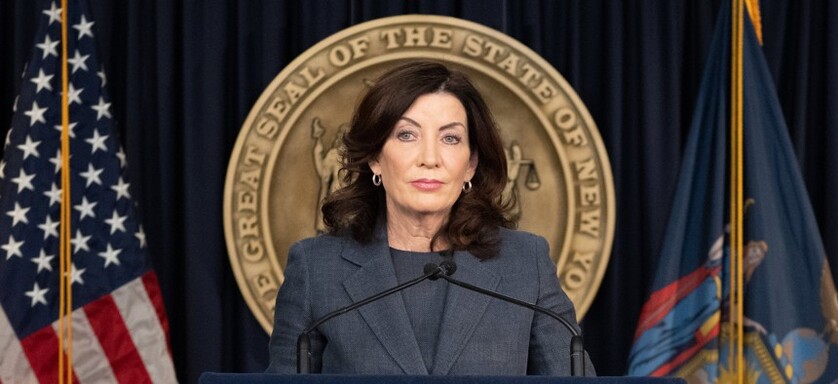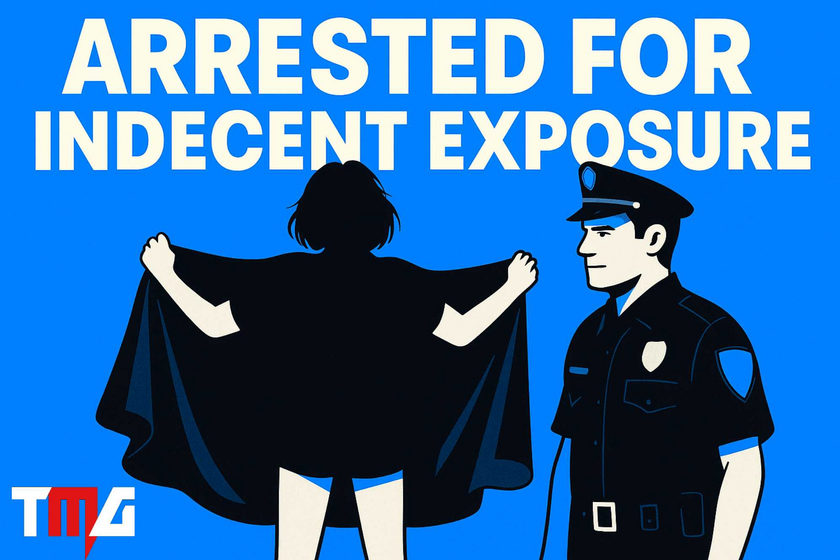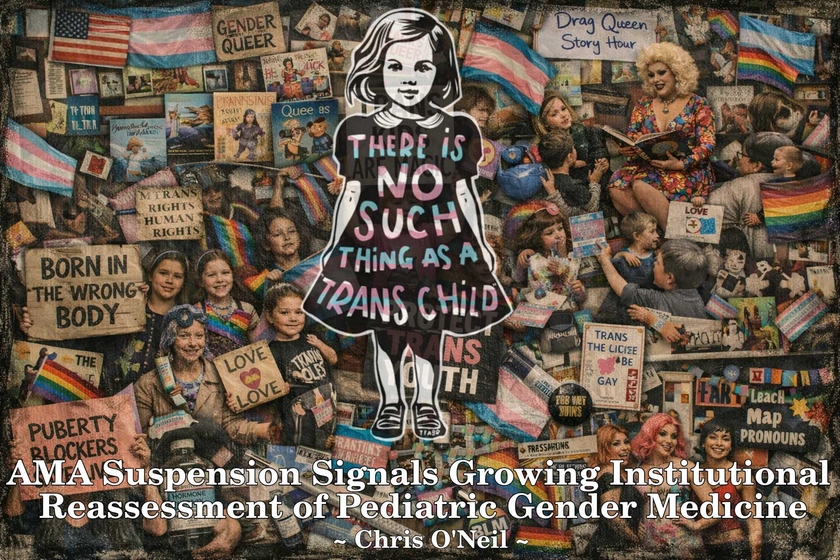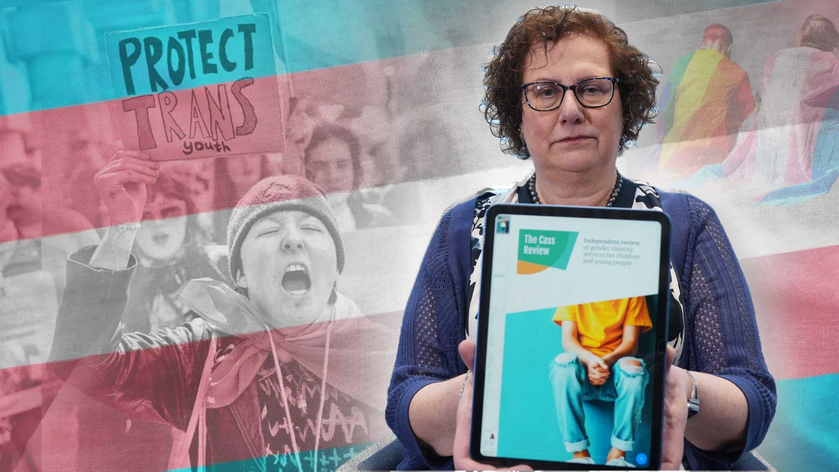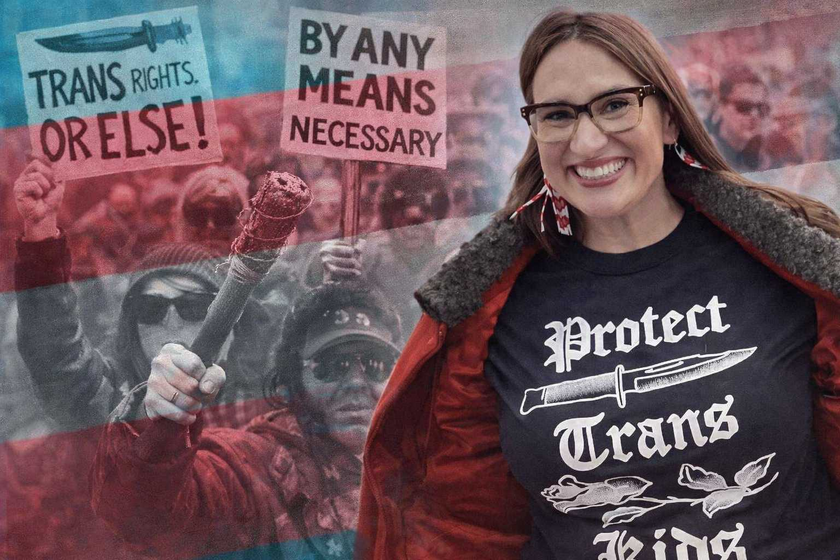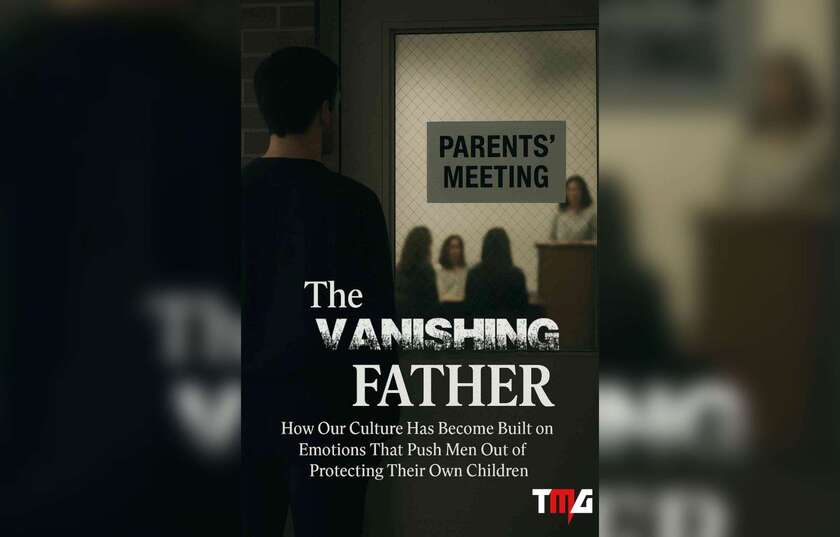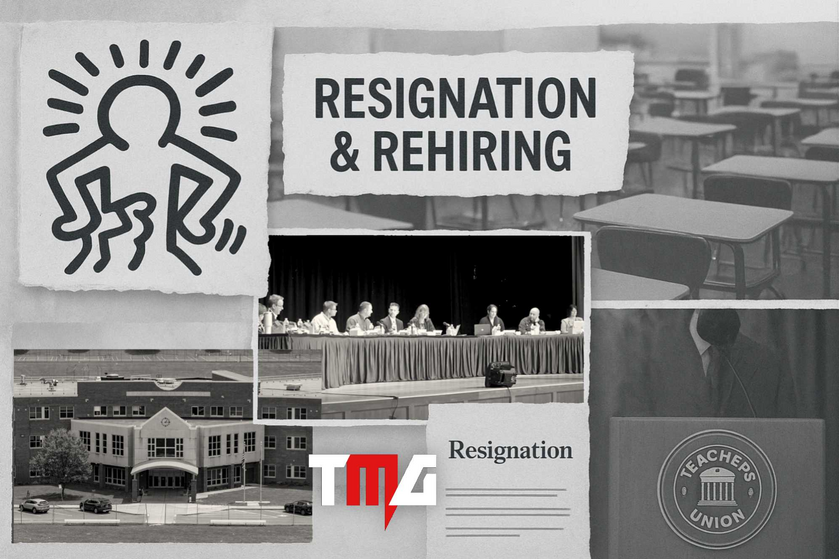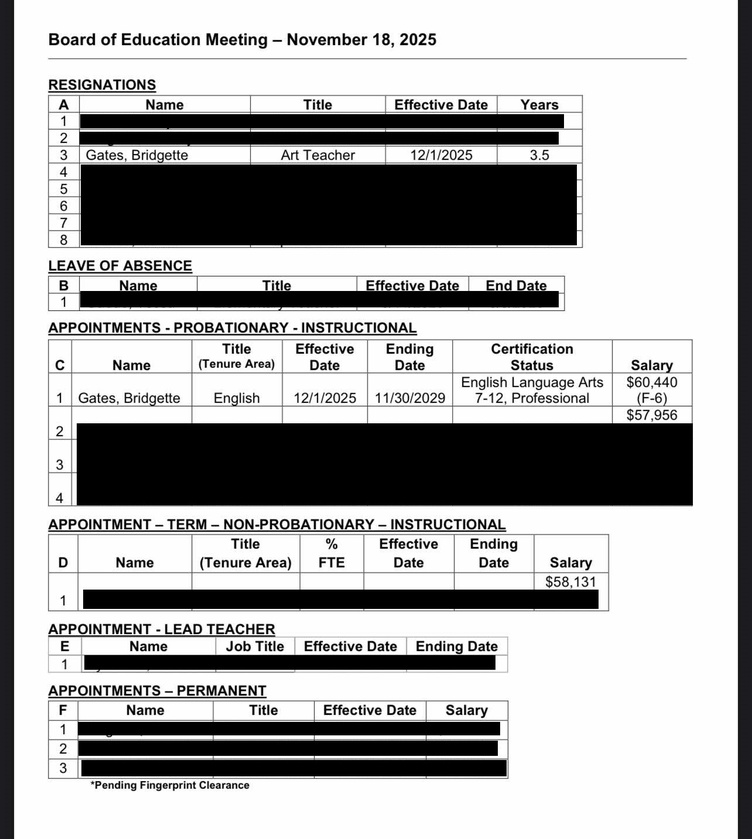By Chris O’Neil | Trash Media Group
ALBANY, N.Y. — When Kathy Hochul ascended to the governorship of New York, she promised a break from the toxic backroom politics that plagued her predecessors. “We will restore trust in government,” she declared. But as Albany’s 2025 budget season unfolded, it became clear that Governor Hochul wasn’t dismantling the system—she was mastering it. The New York State budget for 2025 was passed not with public debate, open hearings, or full legislative involvement — but behind closed doors by Governor Kathy Hochul and two top lawmakers, Senate Majority Leader Andrea Stewart-Cousins and Assembly Speaker Carl Heastie.
This “three people in a room” approach, long criticized by good-government groups, remains firmly intact under Hochul’s leadership — despite her repeated promises to bring sunlight to Albany.
Instead of ushering in a new era of transparency, Hochul has overseen a deepening of secrecy in the state’s most important legislative process. Key decisions involving billions in public funds were made in private, with lawmakers, the press, and the public left on the outside.
New York’s executive budget model grants significant power to the governor, a structure critics say Hochul has abused. Rather than use her position to involve more voices in the budget process, the governor has consolidated authority and excluded dissenting views.
"Governor Hochul has taken a process already slanted toward the executive branch and made it more opaque," said John Kaehny, executive director of Reinvent Albany, a watchdog organization that tracks state spending. "This is a political culture that thrives on secrecy, and it's being sustained at the top."
In the final weeks of negotiations, access to draft proposals and finalized language was tightly controlled. Rank-and-file legislators received briefing memos only after major provisions had been settled. Public hearings were sparse. Stakeholders were kept in the dark until deals were already struck.
Transparency groups have for years called for reform, urging changes that would open up the budget process to scrutiny and participation. Among the proposals: mandatory public hearings, timely disclosure of budget language, and an end to last-minute "messages of necessity" used to ram through complex bills.
In January, a coalition of reform advocates sent a letter to Hochul and legislative leaders urging them to adopt these common-sense practices. The letter went unanswered.
“She campaigned on ethics and accountability, but this administration has been just as secretive as Cuomo’s — maybe worse,” said Blair Horner, legislative director of NYPIRG. “The public has no meaningful access to the process. It’s government by ambush.”
Hochul has also drawn criticism for vetoing a bill that would have required greater transparency in state contracts. The legislation had passed both chambers with bipartisan support. In her veto memo, the governor argued that the bill would create unnecessary delays during emergencies.
Critics say that explanation doesn’t hold up.
“It’s a blank check,” said Horner. “We’re talking about billions of dollars being spent with zero oversight.”
New York's Open Meetings Law requires most government decisions to be made in view of the public. But year after year, top budget decisions are made in private discussions among the governor, the Assembly speaker, and the Senate leader — a tradition so entrenched that Albany insiders refer to it openly.
There are no transcripts of these meetings. No video recordings. No opportunities for the press or public to observe how their money is being allocated.
Housing, education, mental health funding, even criminal justice policy changes have all been shaped in these unrecorded meetings.
“Voters didn’t elect three people to make every decision in secret,” said Kaehny. “This is fundamentally undemocratic.”
Advocates are now calling on voters and legislators alike to reject the current system. They want to see public budget hearings enshrined in law, equal legislative authority restored, and the governor’s power checked by enforceable transparency rules.
Until then, they warn, New York will continue to be governed by private deals rather than public debate.
“Governor Hochul talks about restoring trust in government,” Horner said. “But you can’t build trust behind a locked door.”
Chris O’Neil is a journalist and editor with Trash Media Group. Reach him at [email protected].
